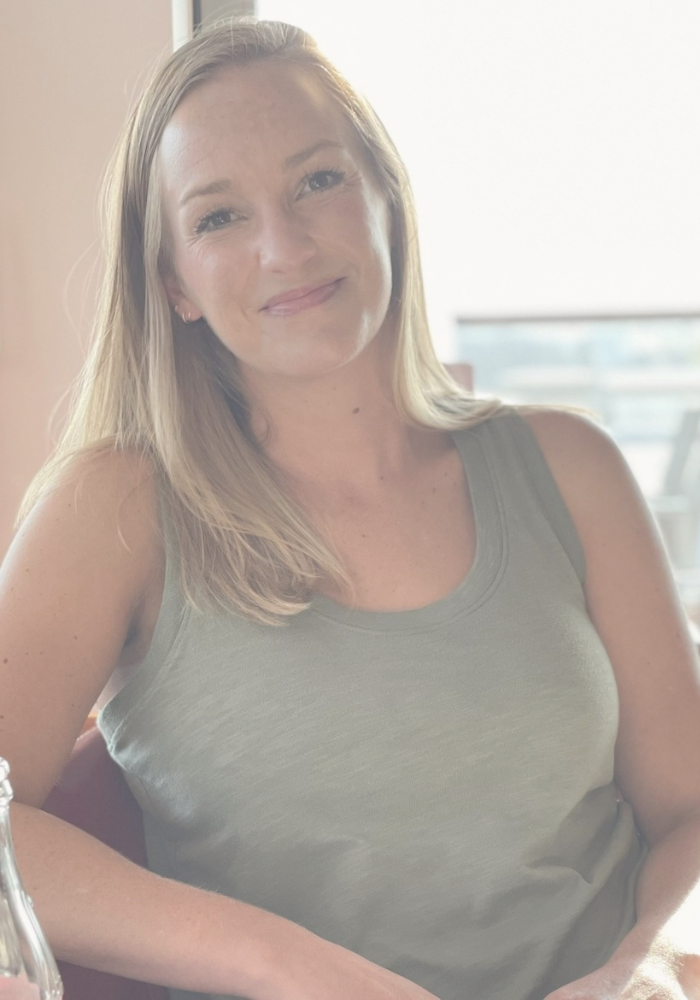You’re Not Broken—You’re Burnt Out: A Love Letter to Women Holding It All Together
Burnout in women often hides behind high performance, caregiving, and emotional labor. As a women’s mental health therapist supporting clients in Maryland and across the globe, I see how emotional exhaustion can quietly take root—especially for expats, moms, and high-functioning professionals juggling everything.
If you're tired in a way sleep doesn't fix, this is for you.
Let me guess…
You’re the one people lean on.
You remember birthdays. You carry the mental load. You anticipate needs before they’re spoken. You’ve built a beautiful life—on spreadsheets, late nights, logistics, and love.
And you’re tired. Not just need-a-nap-tired, but soul-tired. Burnt out. Flat. Like someone turned the color down on the world and now everything feels like beige survival.
You used to dream. Now you just want a moment of peace. And you keep wondering: What’s wrong with me? Why can’t I bounce back this time?
Here’s the truth: Nothing is wrong with you. You’re burnt out.
Taking a breath, even when the world expects you to keep going.
You’ve been holding it all together for everyone else.
Maybe for decades.
Maybe as a caregiver. A working mom. A partner. A perfectionist.
Maybe as an expat trying to keep things afloat in a foreign country, away from your safety nets and comfort zones.
Burnout doesn’t mean you’ve failed. It means you’ve given too much, too long, without being refueled. It means you’ve been strong in ways that don’t get medals, but matter deeply:
Staying kind when you’re overwhelmed.
Showing up when you feel invisible.
Managing homes, careers, and everyone else’s emotions.
Burnout is not a flaw. It’s a signal.
Your body and mind are asking for care, not criticism.
What healing can start to look like.
I’m not here to add more to your plate.
I’m here to whisper the permission you’ve been waiting for:
You can rest.
You can soften.
You can heal—without earning it first.
Sometimes healing starts with something as simple as naming your needs. Letting yourself cry in a safe space. Talking to someone who gets it—who sees your brilliance and your weariness and can hold both.
Whether you’re battling high-functioning anxiety, emotional exhaustion, or the identity shifts that come with motherhood or living abroad, therapy can help you come home to yourself.
Final Thoughts
You don’t have to wait until you’re falling apart to seek support. You don’t have to explain away your exhaustion.
You’ve held it together long enough. Now it’s your turn to be held.
Therapy isn’t about fixing you. It’s about giving you space to breathe, reflect, and remember:
You’re still in there. You’re still worthy. You’re still allowed to need.
Whether you're navigating expat burnout, life in Maryland, or the quiet grief of unmet expectations, you’re not alone. There’s a softer, steadier way forward—and it starts with a little compassion.
you might also like:
Why Celebrating Small Wins Is Essential for Mental Health
If rest feels unearned and you're always chasing the next thing, this post will help you pause, reset your expectations, and reclaim your wins—one moment at a time.
What You Need to Know About Starting Therapy While Living Abroad
Navigating life in a new country while managing everything else? Learn what to look for in an expat therapist who truly gets the emotional toll of transitions.
What Is Emotional Regulation and How Therapy Can Help explains why some emotional responses feel overwhelming and how therapy can build skills to navigate them with more confidence and clarity.
What No One Tells You About Perimenopause (And Why You’re Not Crazy)
Mood swings, brain fog, and sudden exhaustion? It’s not just in your head—it might be your hormones. Here's what to know and how to care for yourself through it.
This article was written by Katie Walker.


